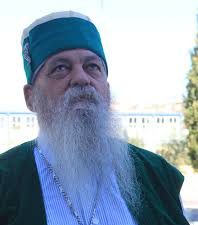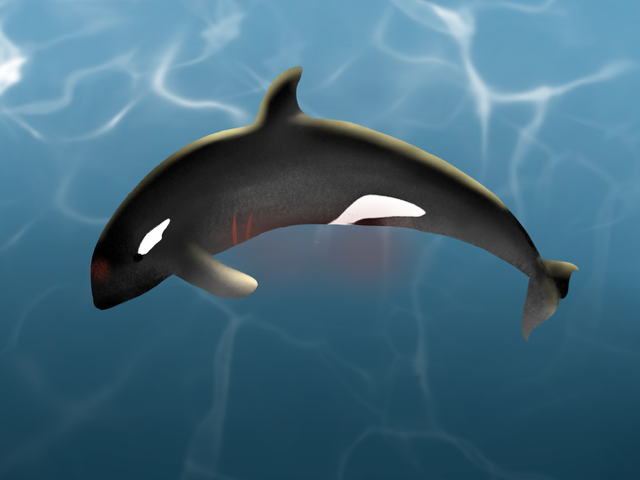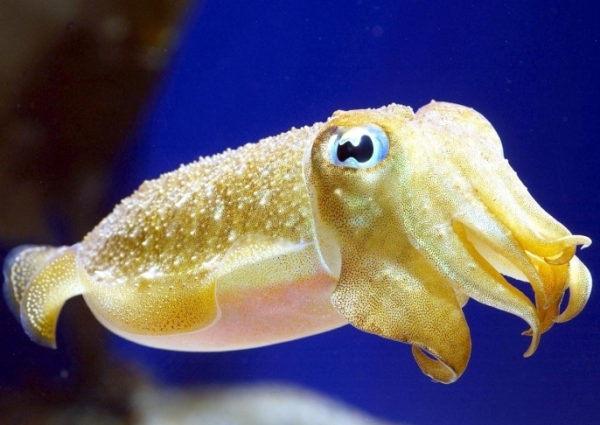
Tirana, Albania is seen by few as the world-changing kind of city. Rarely does one expect to find it in a gallery of pioneers and record-breakers. However, for one 27 acre patch of low-income housing, fame may be on the horizon.
The Faith
The mastermind of this transformation is Edmond Brahimaj, known as Baba Mondi by his followers. Baba Mondi is the head of a sect of Shiite Islam called the Bektashi Order, which branched off in the 1300s in Iran, before spreading to the Balkans. The religion of Islam is split into many different groups, the largest being Shia and Sunni. Differences between these groups largely stem from different interpretations of who was deservedly the successor of the prophet Muhammad, and the holy book of the Quran is also interpreted slightly differently across the sects. In modern times, rivalry between Shia and Sunni Muslims run deep, stirring up strife in the Middle East particularly. The primary distinction between Bektashism and other branches of Islam is a focus on tolerance and love. Baba Mondi, 65, proclaimed that “God does not forbid anything; that is why he gave us minds.” The Bektashi Order runs deep in the culture of Albania, and its values are reflected in those of the wider society. In a modern age where Islam is being viewed in an increasingly negative light by outsiders, Bektashism supplies a shiningly hopeful alternative. “Do not let the stigma of Muslims define who Muslims are,” says Albanian prime minister Edi Rama. And in an effort to promote this message of acceptance, Rama plans to elevate the Bektashi Order to a new level: their own sovereign state.
The State
The proposed microstate, to be ruled absolutely by Baba Mondi, would be the smallest country in the entire world, pushing the Vatican City out of the top spot at just twenty-seven acres. This land, right in the middle of the capital, Tirana, has historically been in the hands of the Bektashi order. Baba Mondi has already promised that he has no plans for territorial expansion. “All decisions will be made with love and kindness,” he says. Decisions have been made: preliminary sketches for flags and passports, as well as the first drafts of the legislation needed to define the microstate’s power and autonomy. The Bektashi state, if successful, could serve as a beacon to the world; a shining model of a society run with compassion.
The Struggle
Unfortunately, the creation of the Bektashi state will not continue entirely unopposed. For one, any plans have to make it through the legislative process of the Albanian Parliament. However, the party of Prime Minister Rama, who endorses the microstate, constitutes the majority in Parliament. Domestic hiccups aside, the reception from the international community is uncertain. As a general rule, a nation only exists if other nations recognize its existence. Officially recognizing (or not recognizing) an upstart nation has long been used as a political weapon, a geopolitical microaggression. Those cases are too numerous and complex to get into here, but it seems likely that the Bektashi state will not need recognition to function; given its small size and lack of commerce, it will likely be propped up entirely by the Albanian government. Countries can still make their displeasure known: it is suspected that Iran will be one of the microstate’s biggest detractors, because the regime there prides itself on being a bastion of traditional Shiite faith. The Bektashi order, with its freer interpretation of the Quran, would not be perceived kindly. “The Iranians are frankly my last thought,” the Prime Minister says in reply. The Bektashi state will be largely self-sufficient, which means that its chances for success are much higher.
So what will become of this unorthodox plan? The road seems clear for the microstate’s creation, and public support is high. The principal worry going forward may be bigger than the state itself (not a high bar to clear, but nonetheless). A figurehead for this unique interpretation of Islam could become a sticking point or proxy for conflict between branches of Islam. It’s hard to say what other Islamic countries will make of the new nation; for now, we can only hope that its preachings of love and tolerance can spread a little bit beyond twenty-seven acres.
Works Cited
Asghari, Seyed Amir, Dr. “The Bektashi Sufi Order in Albania.” Muslim Voices, Indiana University, 21 Apr. 2024, blogs.iu.edu/muslimvoices/2024/04/21/the-bektashi-sufi-order-in-albania-by-dr-seyed-amir-asghari/.
Higgins, Andrew. “Albania Is Planning a New Muslim State inside Its Capital.” The New York Times, 21 Sept. 2024, www.nytimes.com/2024/09/21/world/europe/albania-tirana-muslim-state-bektashi.html.
“Shia and Sunni: Understanding Different Muslim Interpretations.” The Ismaili, 10 June 2022, the.ismaili/us/news/shia-and-sunni-understanding-different-muslim-interpretations.
















